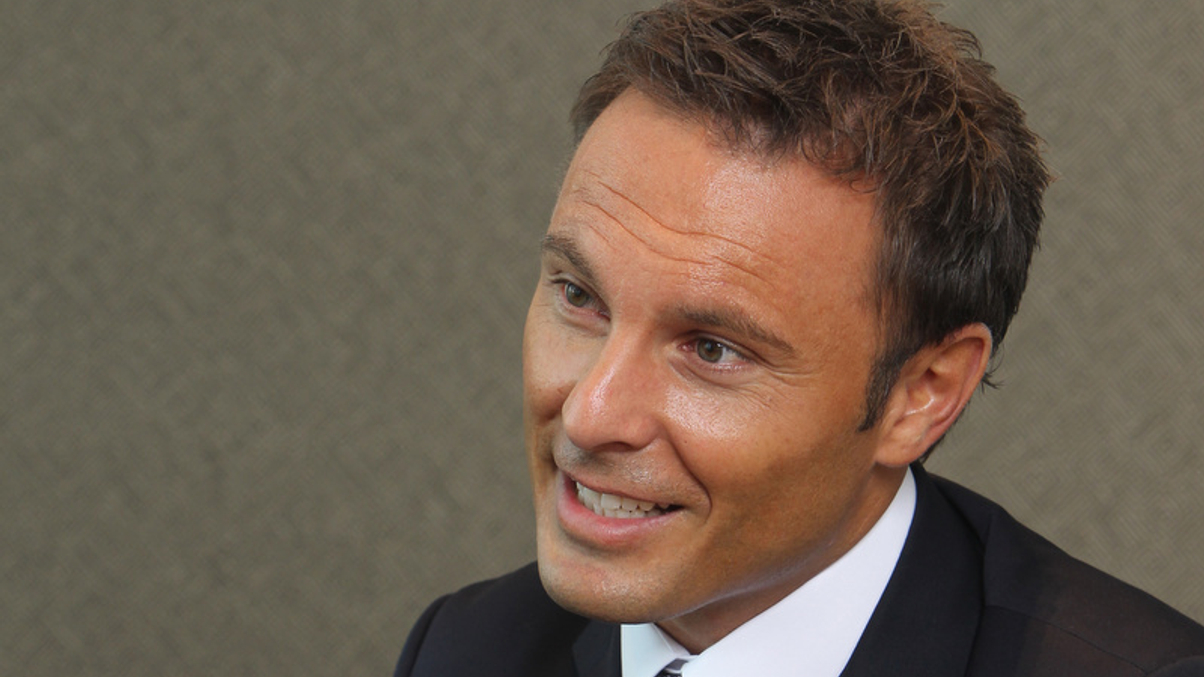Alternatives are back for private clients: UBS WM
The firm is repositioning its alts offering in response to demand. Global head of investment funds, Rene Buehlmann, says asset managers can do better in talking up globally diversified product.

UBS Wealth Management is repositioning its alternatives offering in response to rising demand at a time of no clear directional market trend, its global head of investment funds, Rene Buehlmann, tells AsianInvestor.
Sign in to read on!
Registered users get 2 free articles in 30 days.
Subscribers have full unlimited access to AsianInvestor
Not signed up? New users get 2 free articles per month, plus a 7-day unlimited free trial.
¬ Haymarket Media Limited. All rights reserved.


